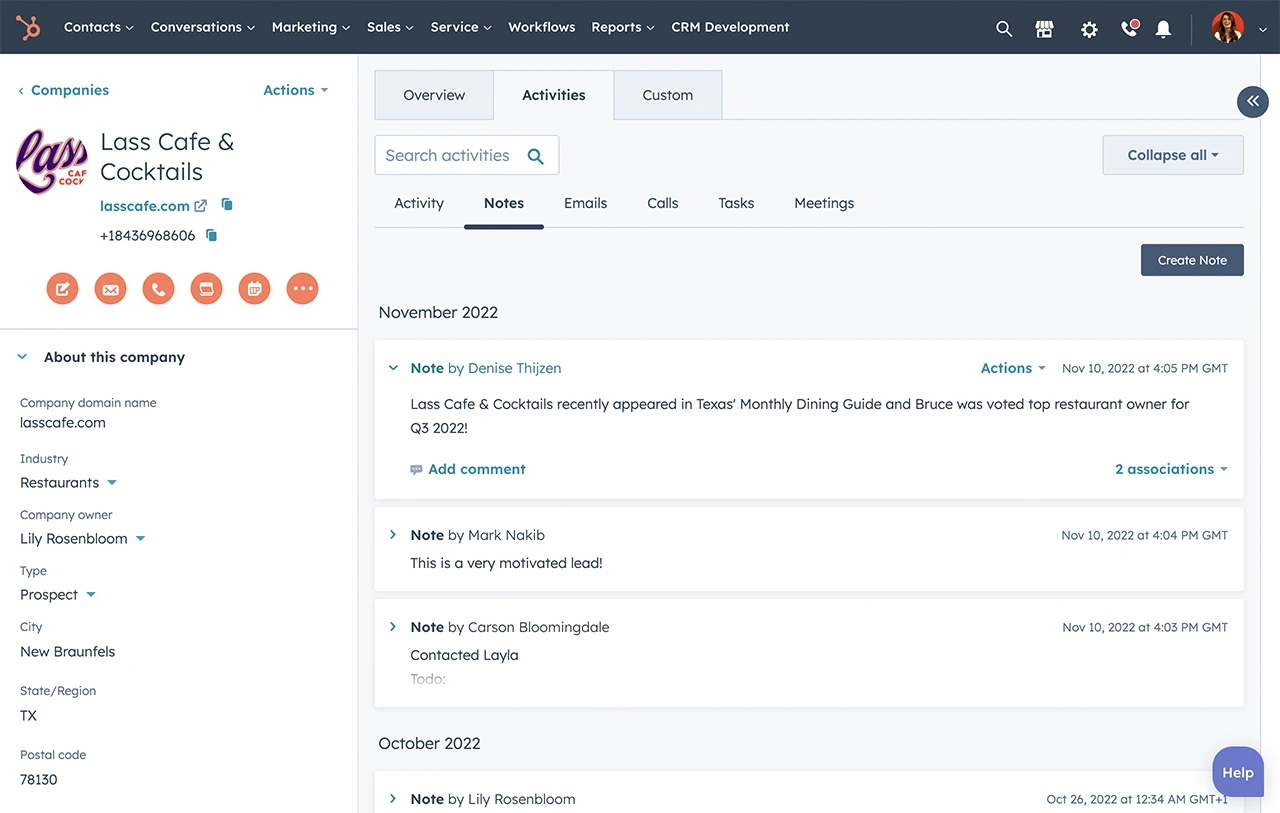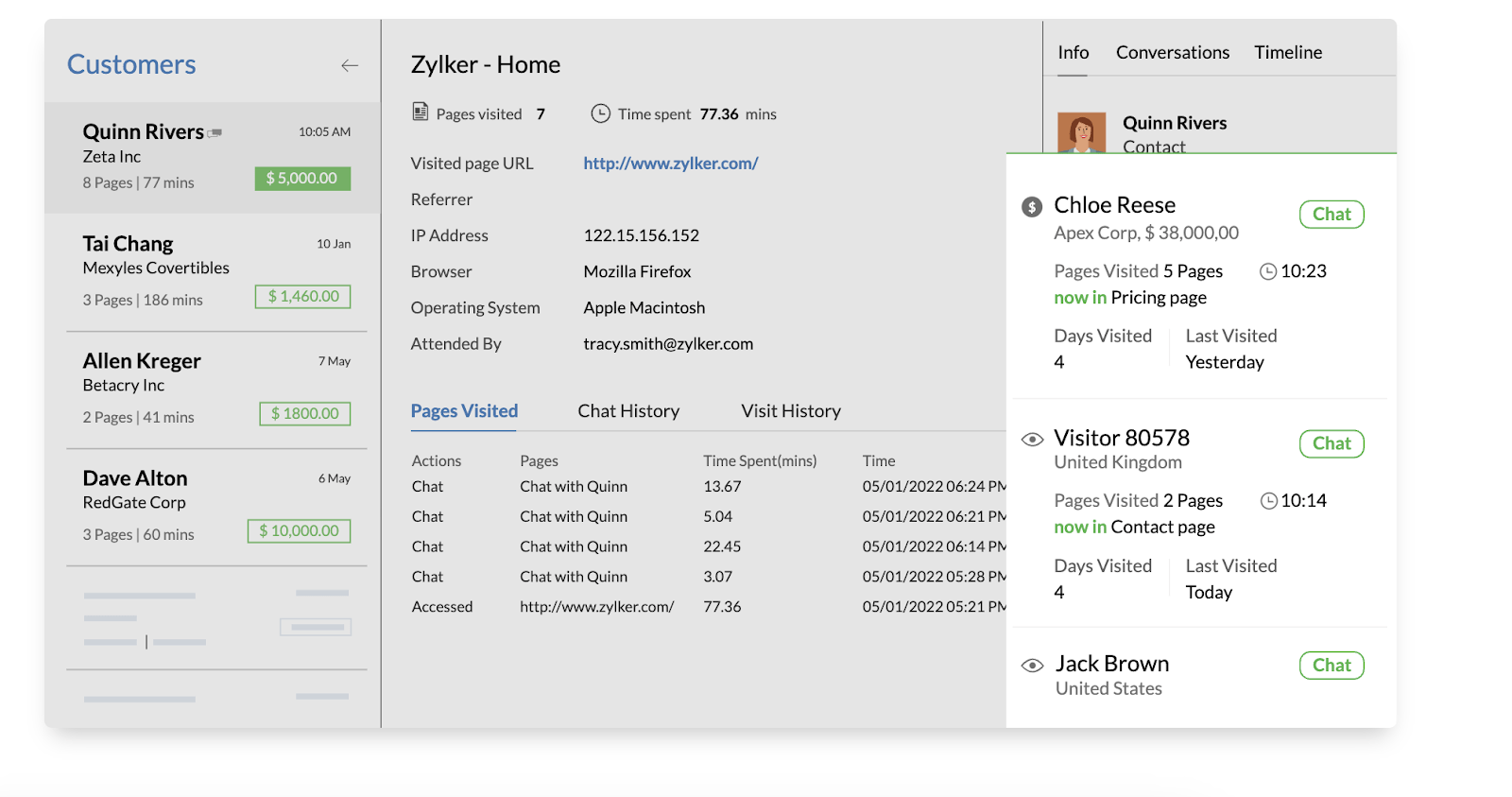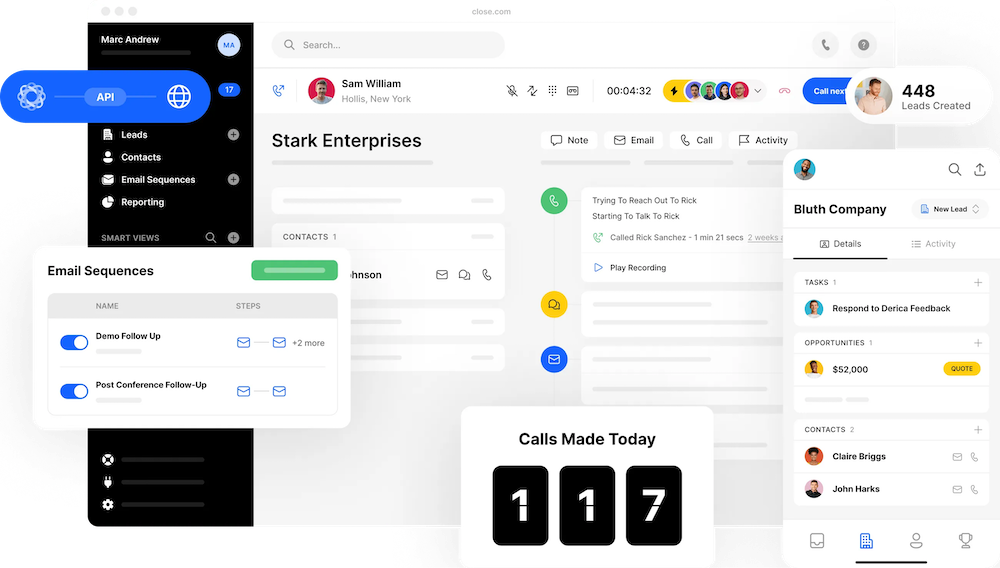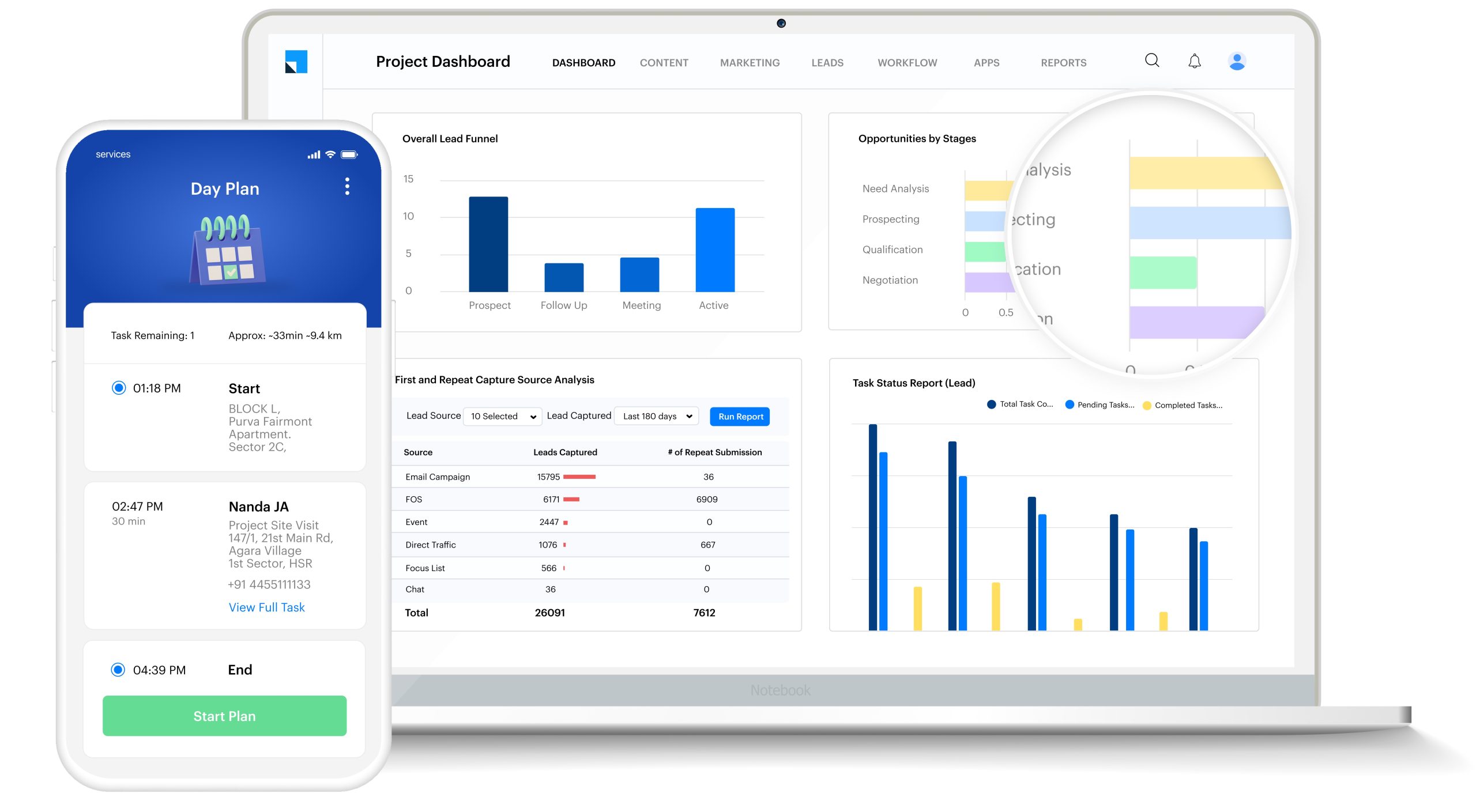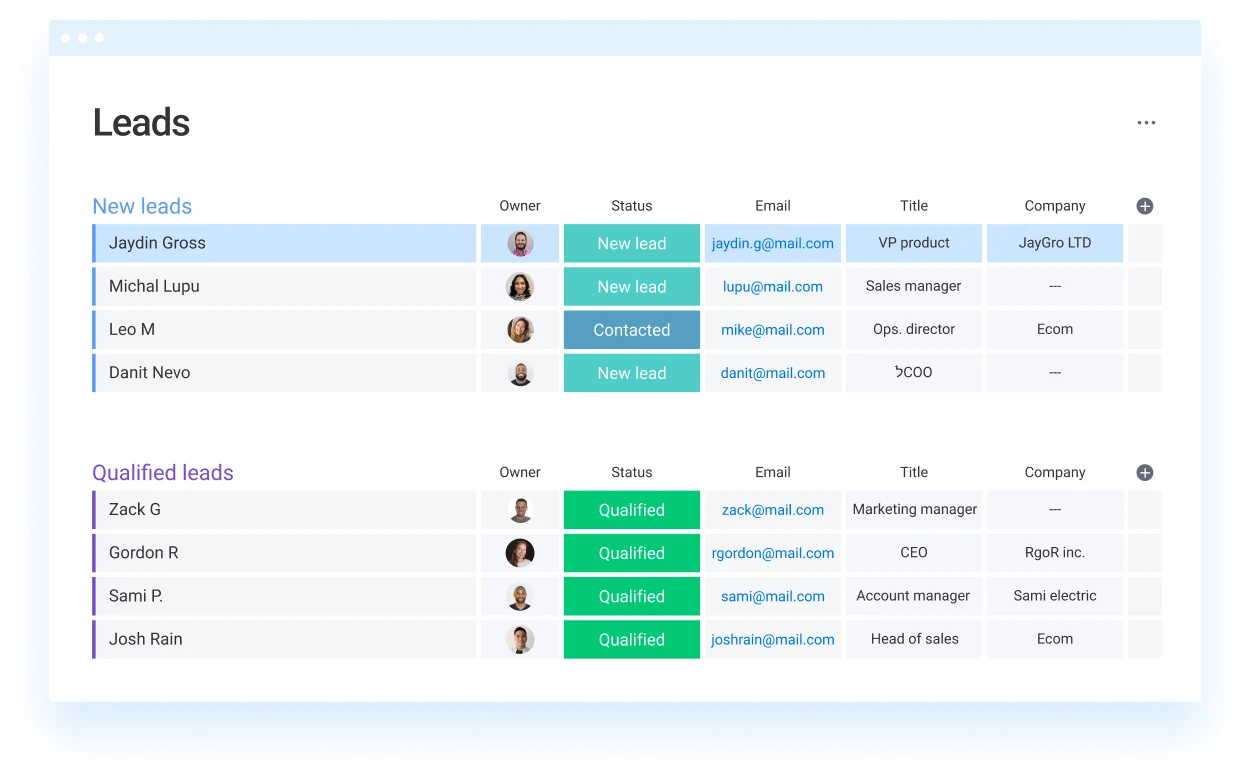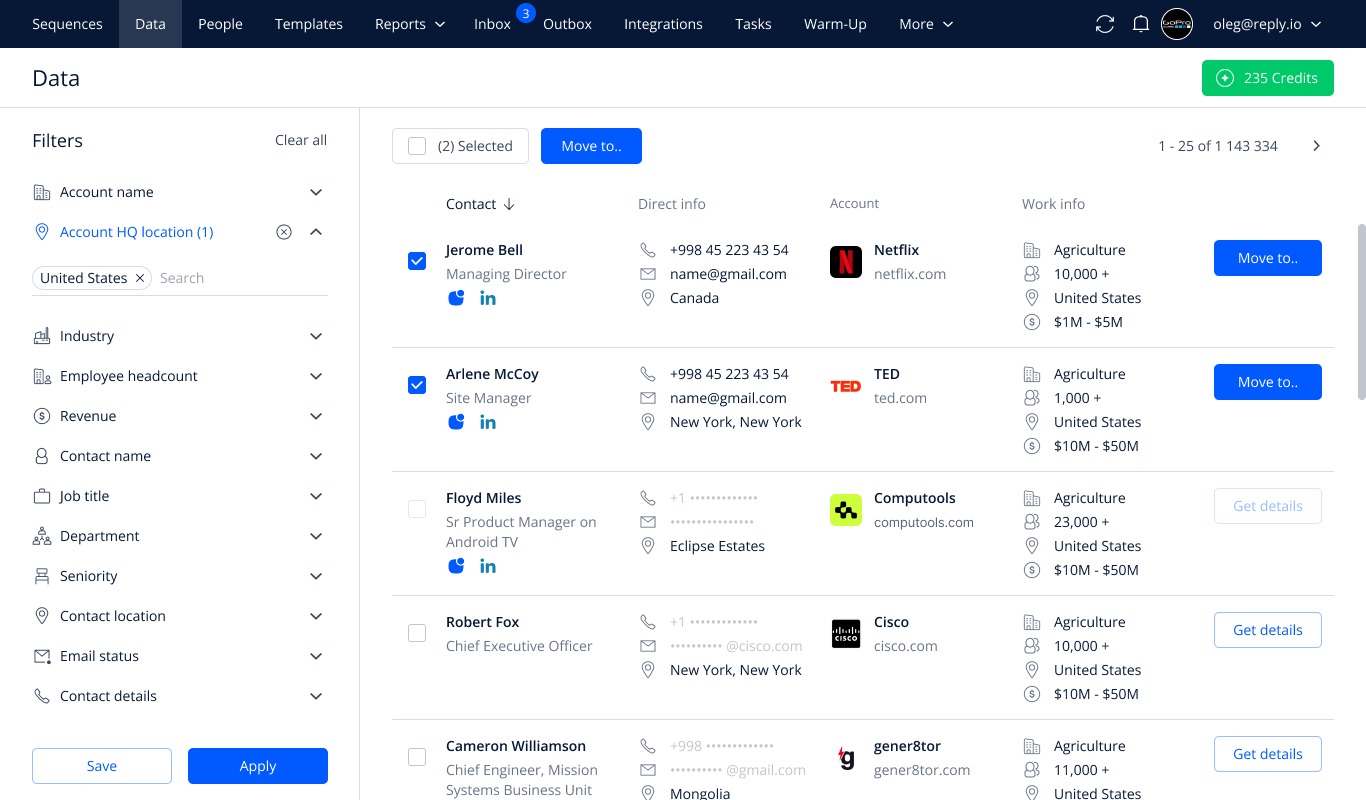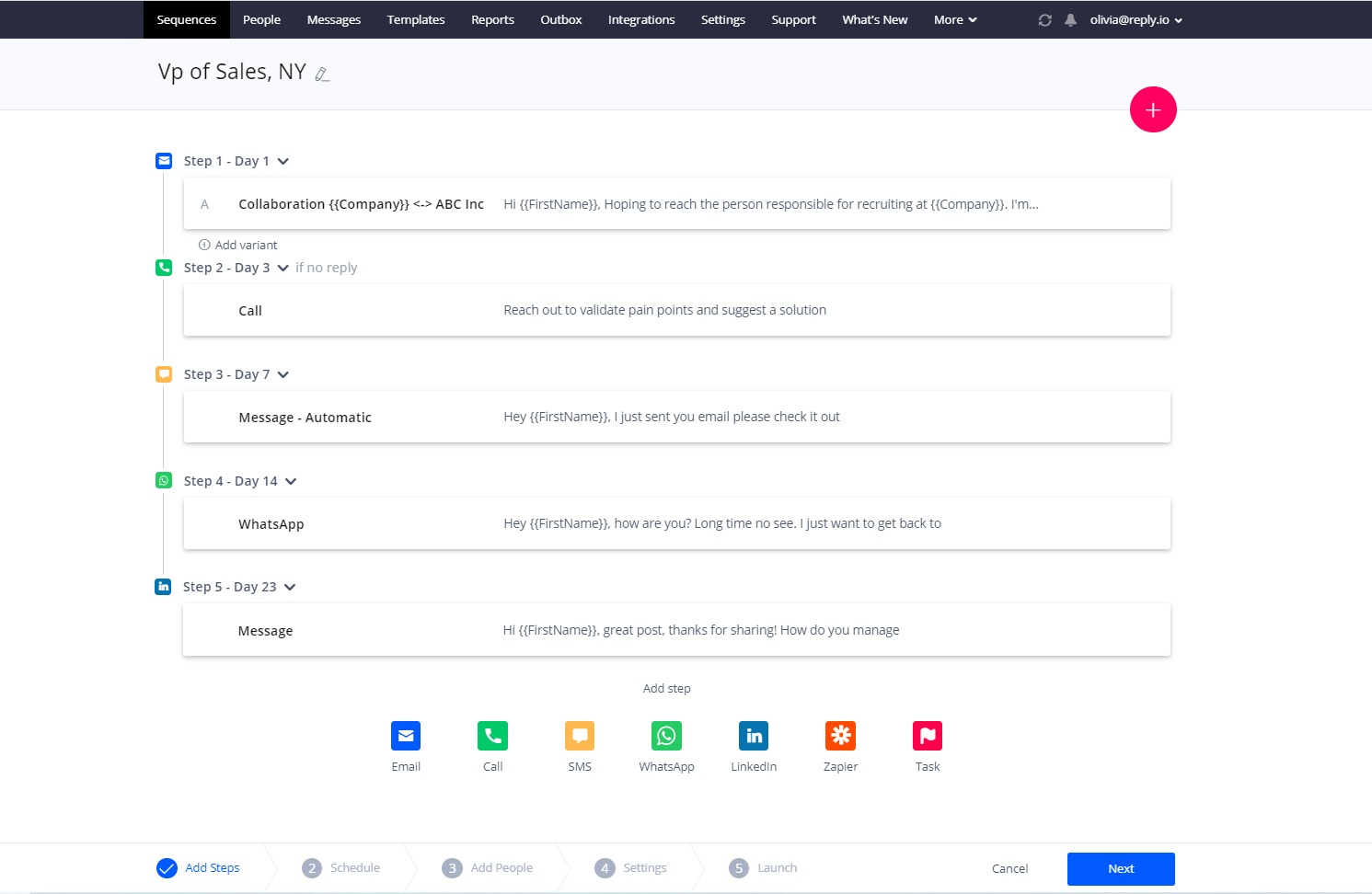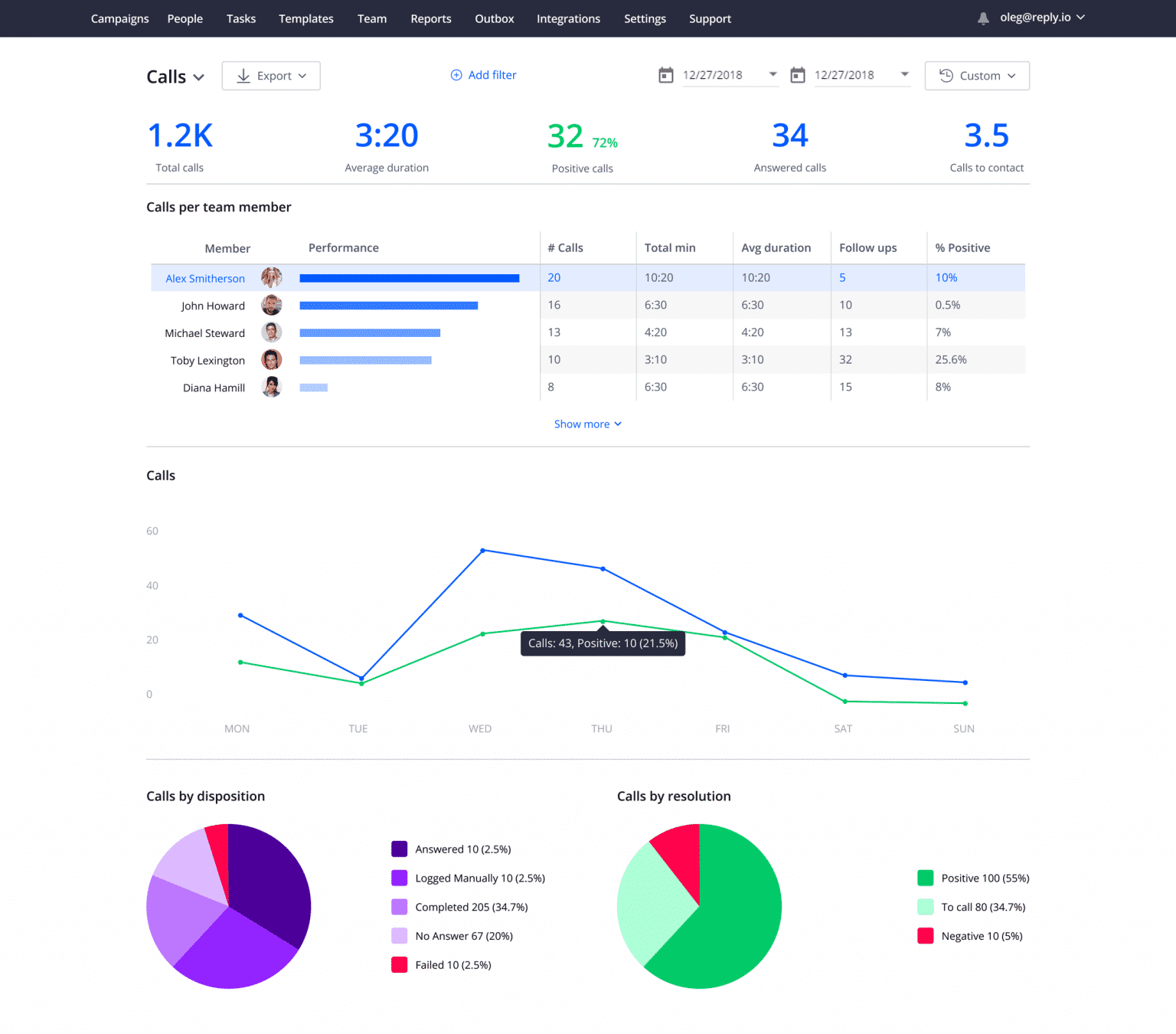Businesses heavily invest in consistently attracting new potential customers. In fact, there’s no other way to ensure long-term success.
But, generating leads is just the first step in converting them into customers, a process commonly referred to as lead management.
Once sales and marketing teams create effective inbound and outbound lead generation pipelines, it becomes equally important to then qualify and nurture them throughout their buyer journey.
This is where lead management software steps in, fusing all these key sales workflows and empowering businesses to make more informed decisions, and ultimately get more recurring customers and revenue.


